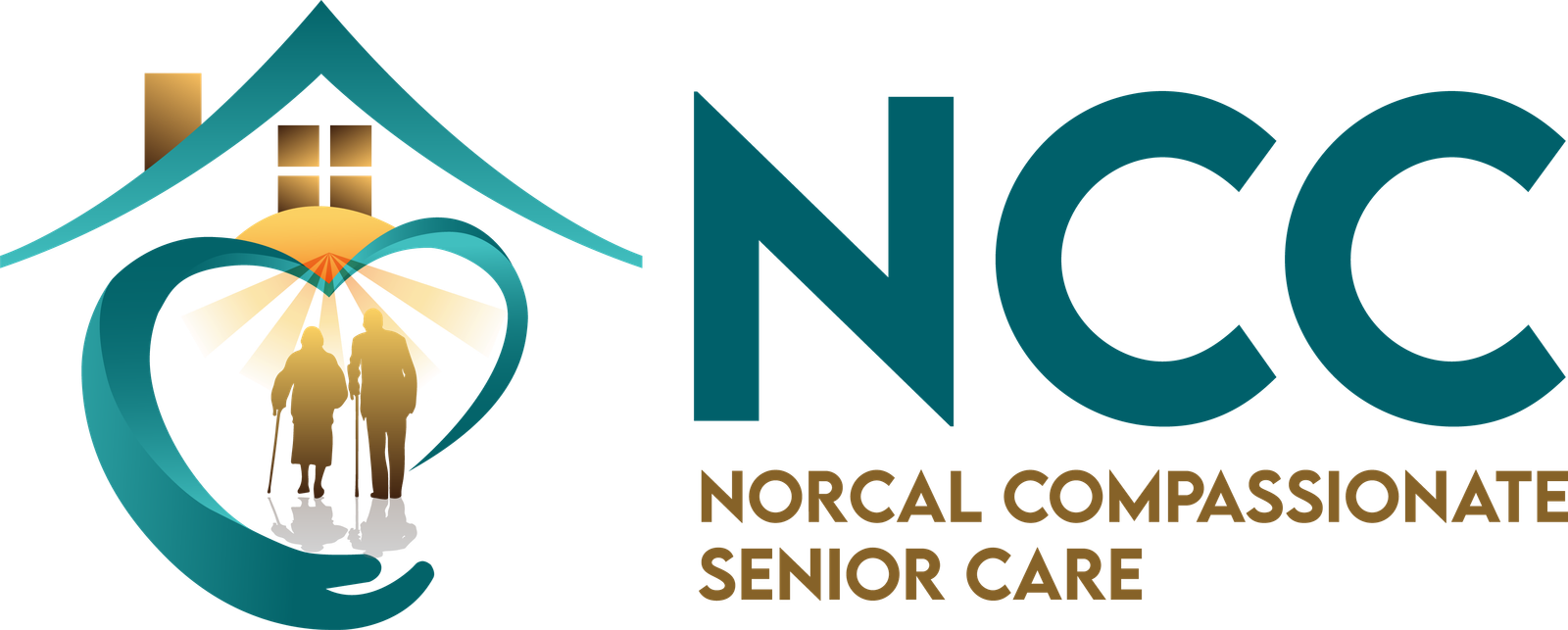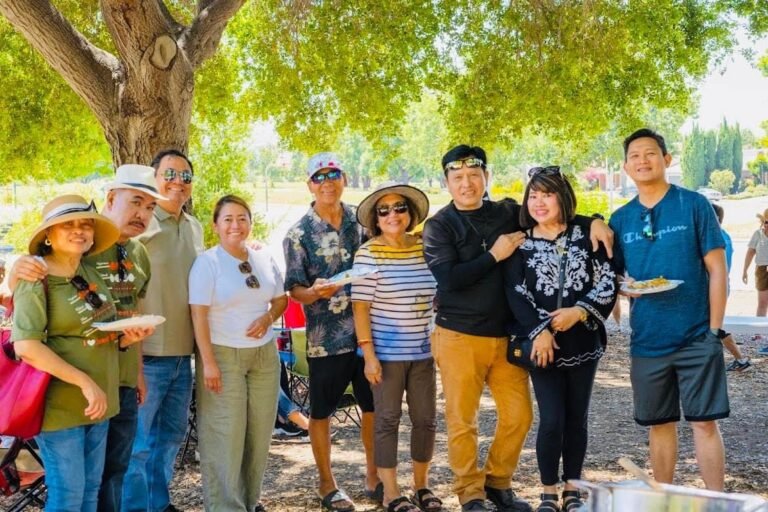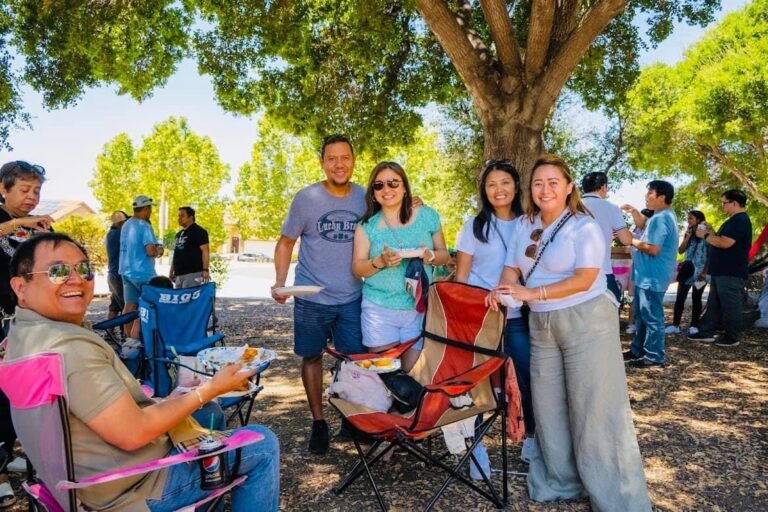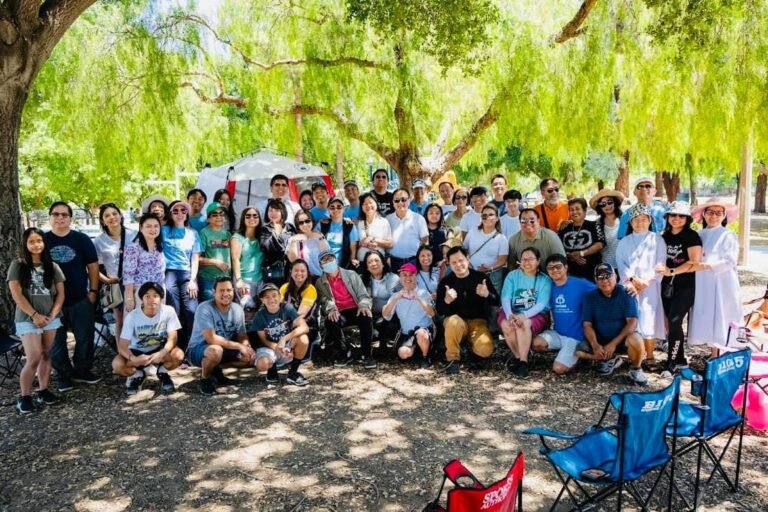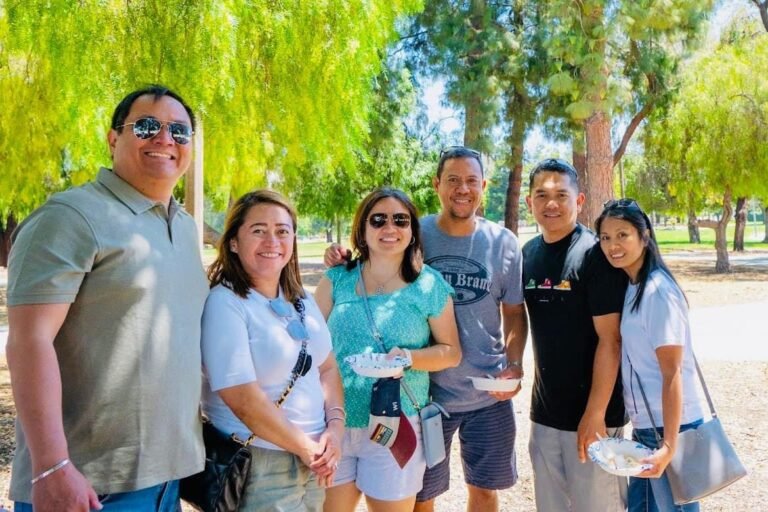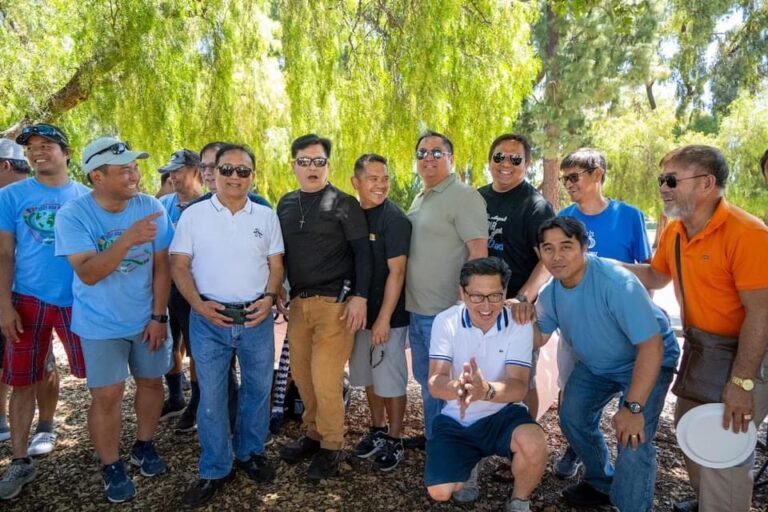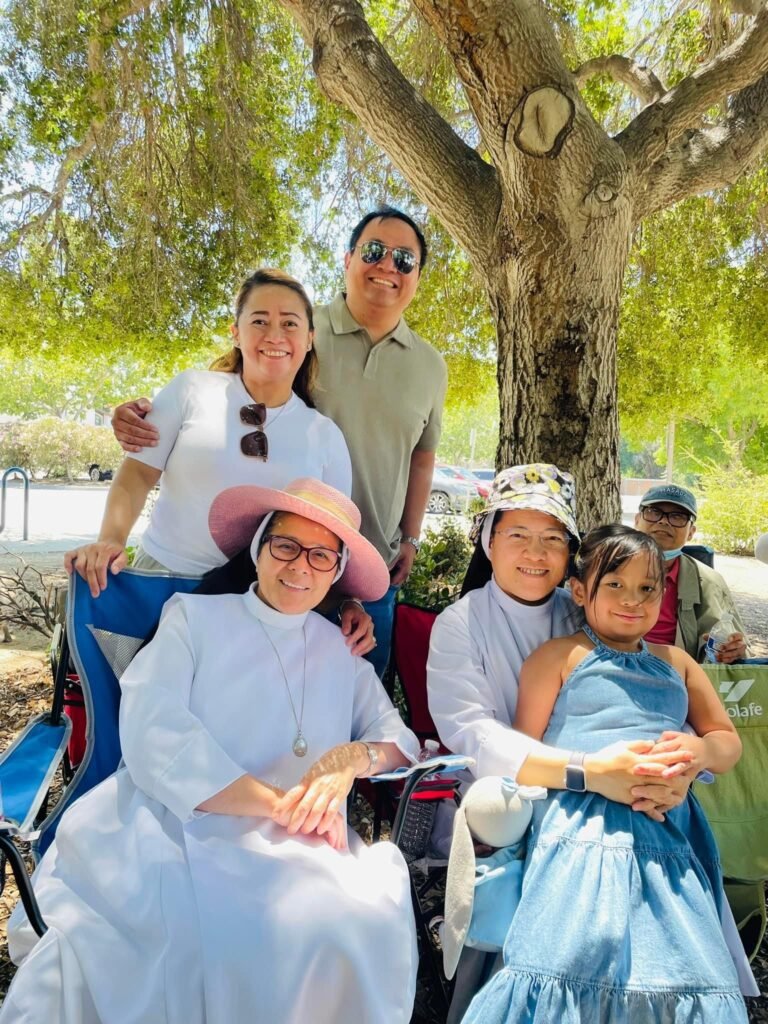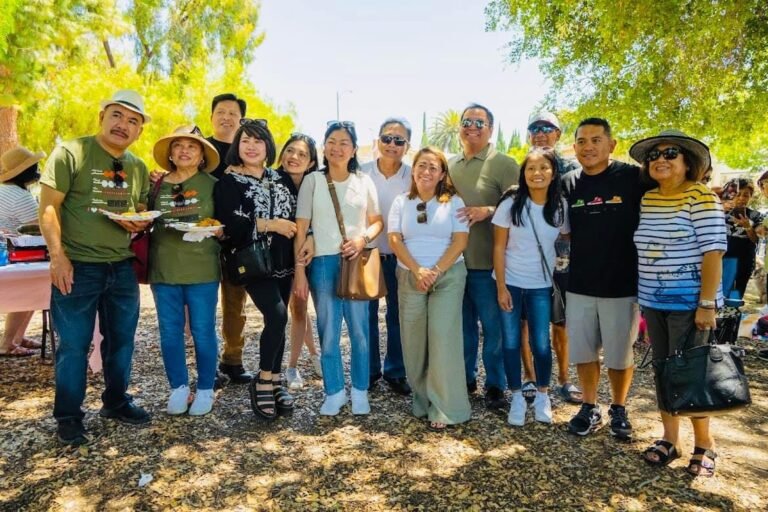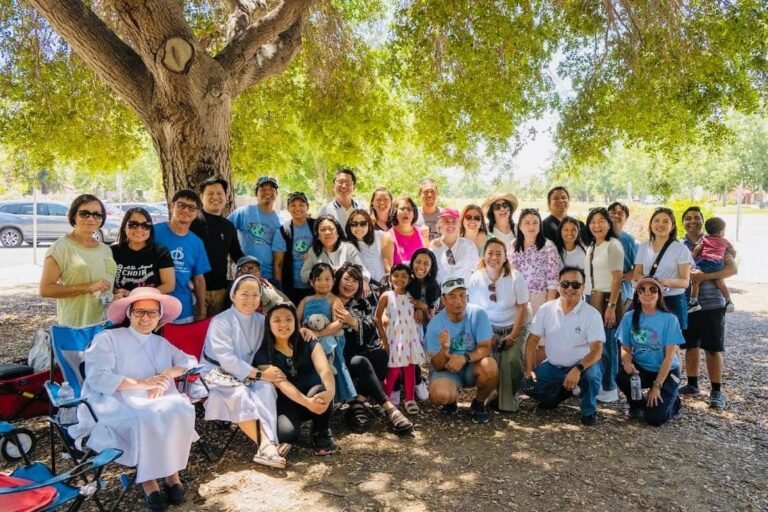Partnerships
Community Involvement
Partnerships
Collaborating with local organizations, nonprofits focused on elder care or disability services, and home health care agencies can significantly enhance the impact and reach of our initiatives. By working together with these specialized groups, we can leverage their expertise, resources, and established networks to better serve the elderly and individuals with disabilities. These partnerships can facilitate the development of tailored programs and services that address specific needs, such as mobility assistance, mental health support, and social engagement activities.
For instance, local organizations often have a deep understanding of the community’s unique challenges and can provide valuable insights into the most effective ways to address them. Nonprofits dedicated to elder care or disability services bring specialized knowledge and experience, which can be crucial in designing programs that are both effective and sensitive to the needs of these populations. Home health care agencies, on the other hand, have the infrastructure and trained personnel to deliver hands-on care and support, ensuring that our initiatives are implemented smoothly and efficiently.
Additionally, these collaborations can lead to the creation of innovative solutions that might not be possible when working in isolation. By pooling resources and expertise, we can develop comprehensive care plans that encompass a wide range of services, from physical therapy and medical care to emotional and psychological support. This holistic approach ensures that all aspects of an individual’s well-being are addressed, leading to better outcomes and a higher quality of life.
Community Events
Engaging in or sponsoring events that promote health and well-being within the community can have a profound impact. By actively participating in these events, we can foster a sense of community, raise awareness about important health issues, and encourage healthy lifestyles. Sponsorships can also provide essential resources and support to ensure the success of these events. Whether it’s organizing health fairs, fitness challenges, wellness workshops, or mental health awareness campaigns, our involvement can help create a more informed and healthier community.
Health fairs, for example, can serve as a one-stop destination for individuals to access a variety of health services and information. These events can include free health screenings, vaccination drives, nutritional counseling, and educational seminars on topics such as chronic disease management and preventive care. By bringing together healthcare providers, local businesses, and community members, health fairs can create a collaborative environment where people can learn about and take charge of their health.
Fitness challenges and wellness workshops offer another avenue to promote healthy living. These events can range from community-wide step challenges and fun runs to yoga classes and cooking demonstrations. By encouraging physical activity and healthy eating, we can help individuals develop habits that contribute to long-term well-being. Additionally, these events can be tailored to different age groups and fitness levels, ensuring that everyone has the opportunity to participate and benefit.
Advocacy
Championing policies and initiatives that support caregivers and enhance access to caregiving services within the community is crucial. By advocating for these changes, we can help ensure that caregivers receive the recognition, resources, and support they need to provide high-quality care. This includes lobbying for better funding, training programs, and respite care options, as well as promoting awareness of the challenges caregivers face.
Caregivers often work tirelessly, providing essential support to individuals who may be elderly, disabled, or dealing with chronic illnesses. Despite their critical role, caregivers frequently encounter significant challenges, including financial strain, emotional stress, and physical exhaustion. By advocating for policies that address these issues, we can help alleviate some of the burdens they face. For instance, securing better funding can ensure that caregivers have access to necessary resources, such as medical supplies, assistive devices, and home modifications that make caregiving more manageable.
Training programs are another vital component of supporting caregivers. Comprehensive training can equip caregivers with the skills and knowledge they need to provide effective care, from basic first aid and medication management to specialized techniques for handling specific conditions like dementia or mobility impairments. By promoting and funding these programs, we can enhance the quality of care provided and empower caregivers to feel more confident and competent in their roles.
